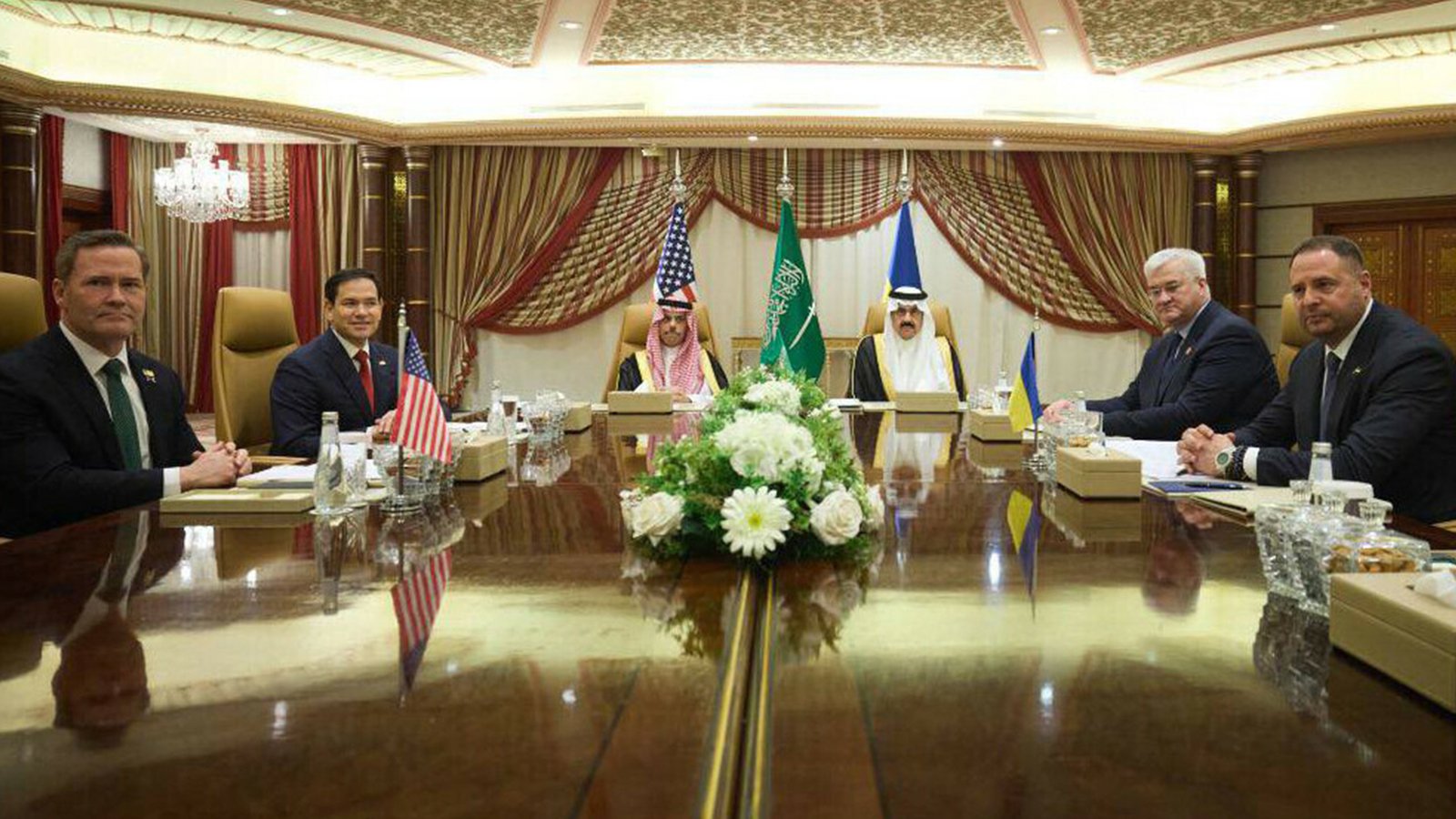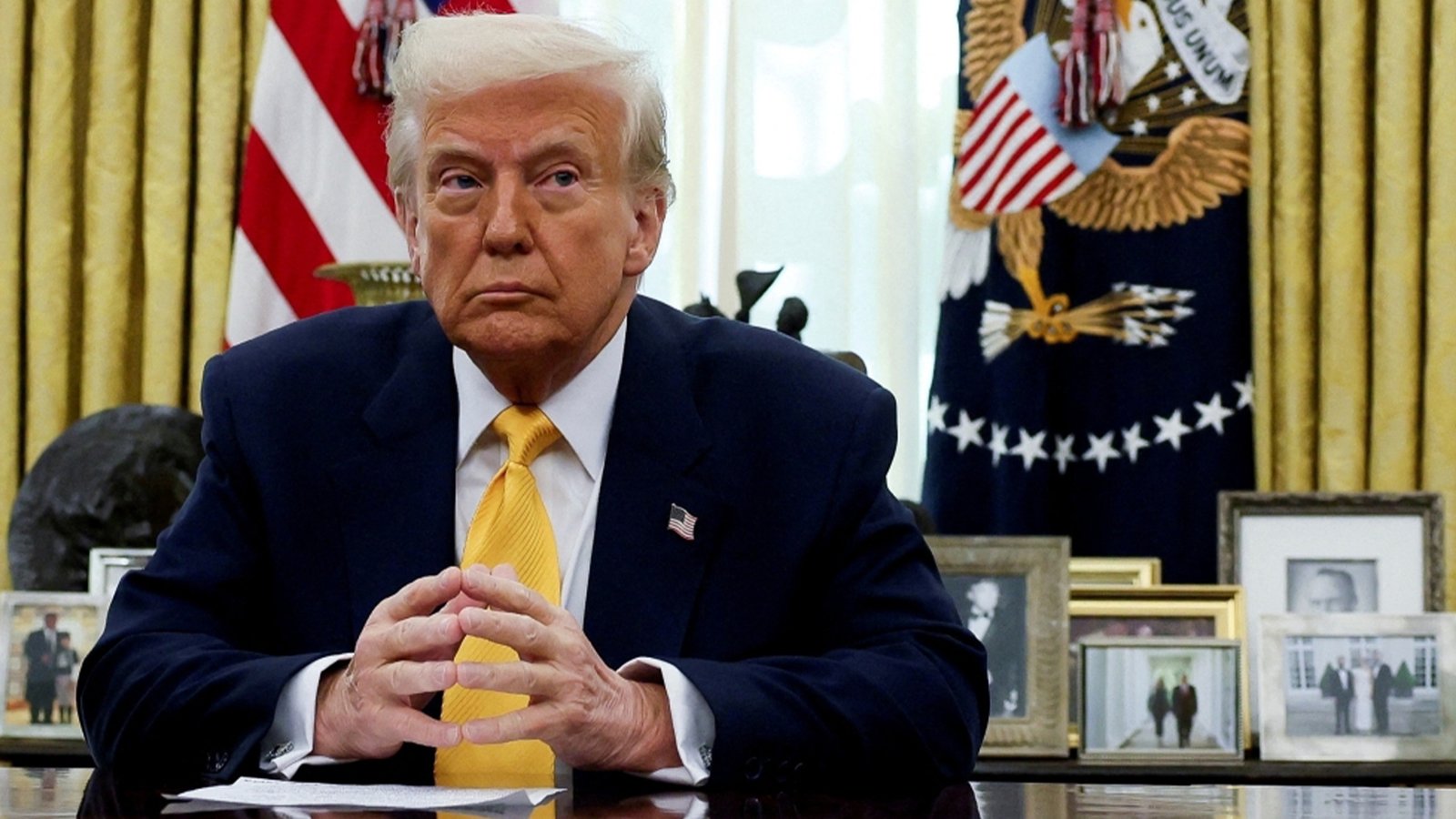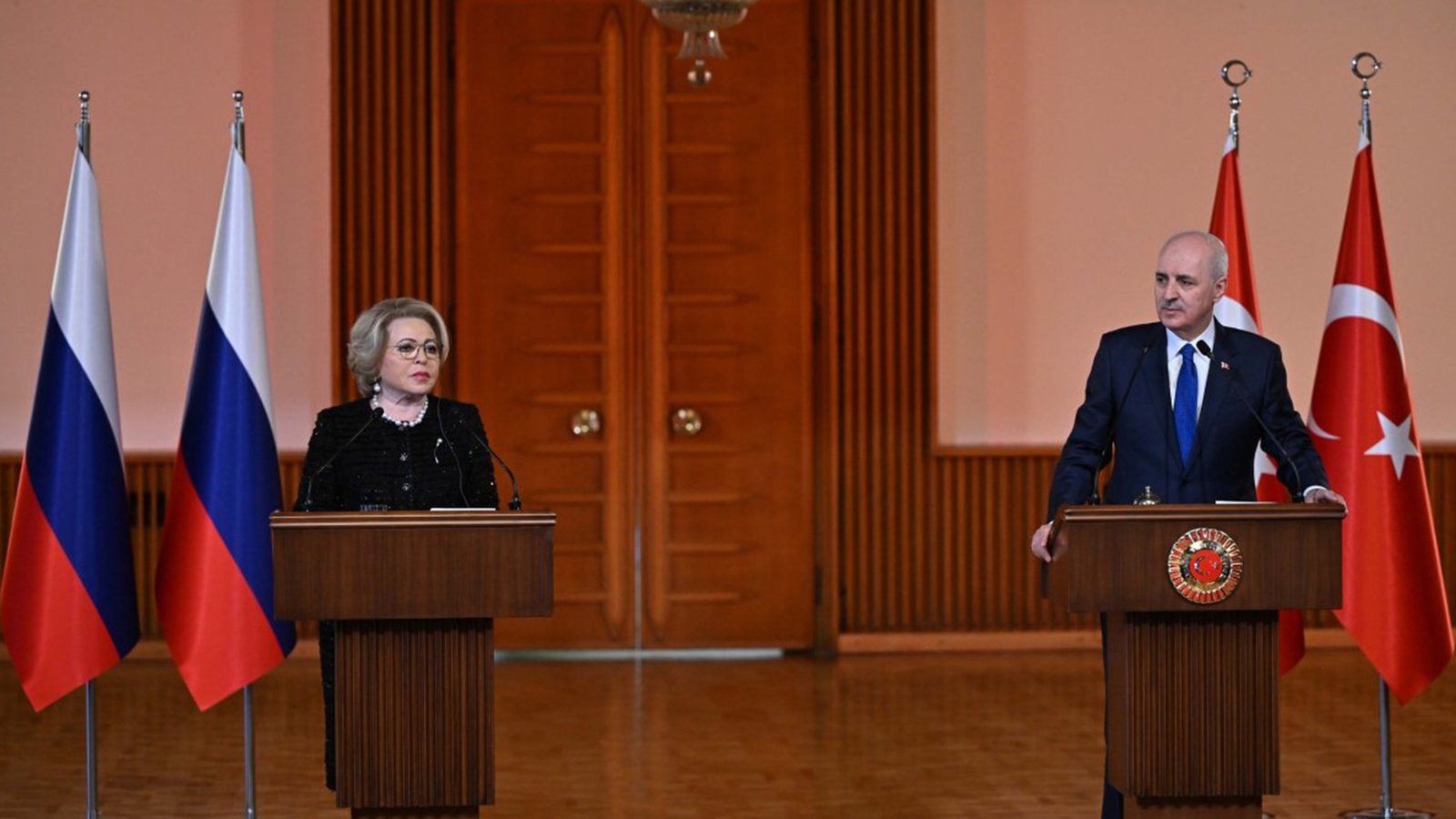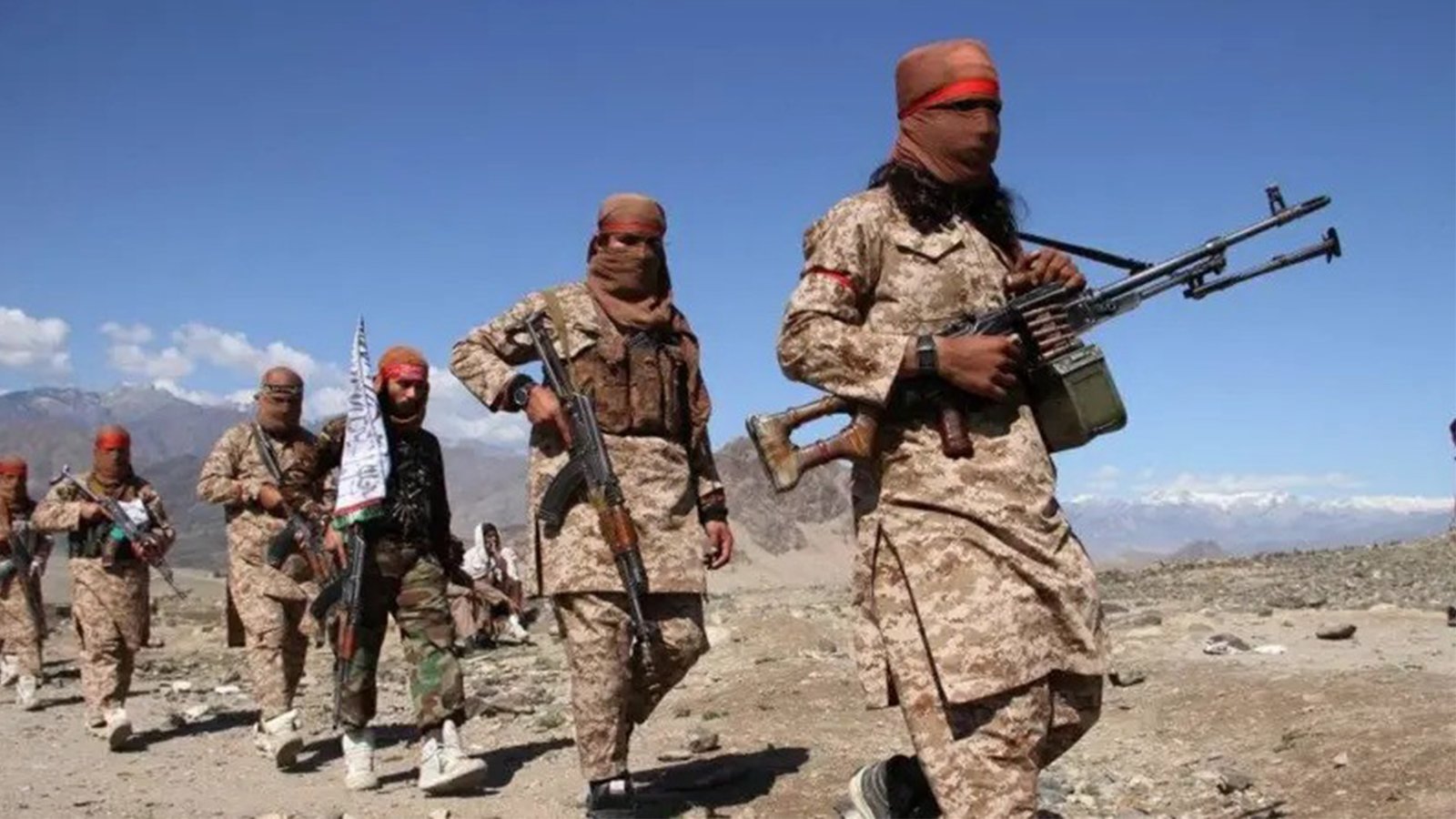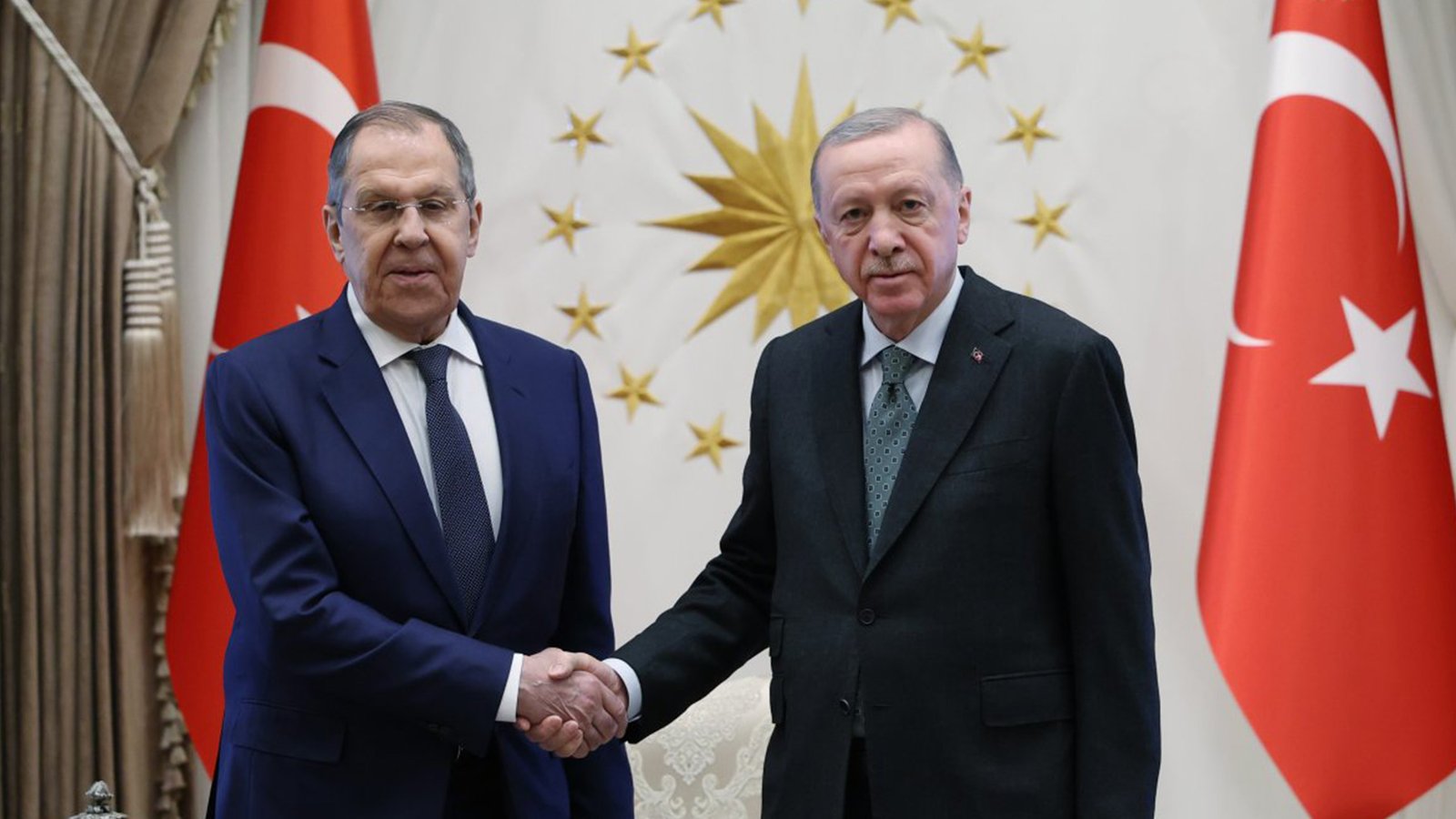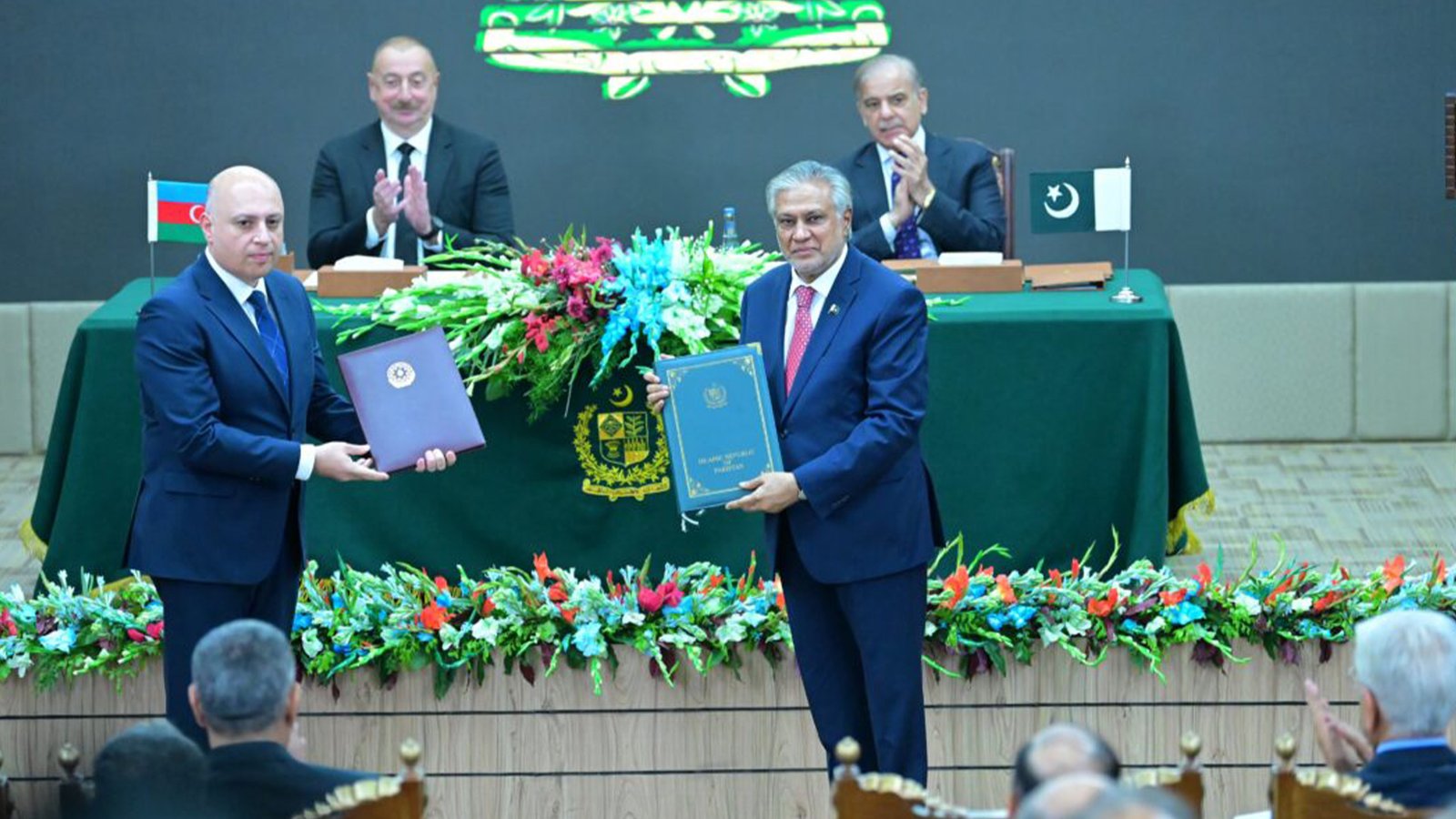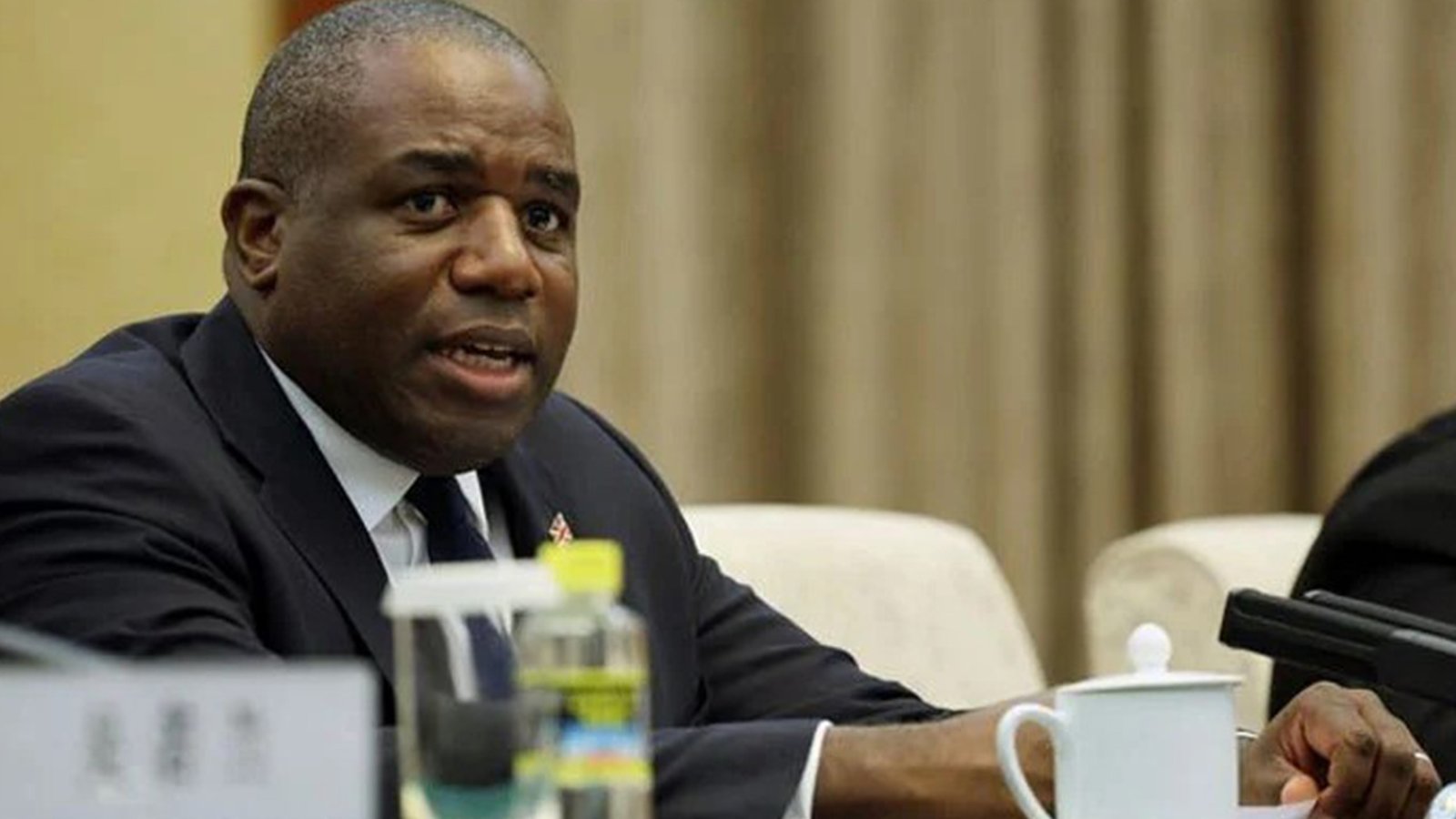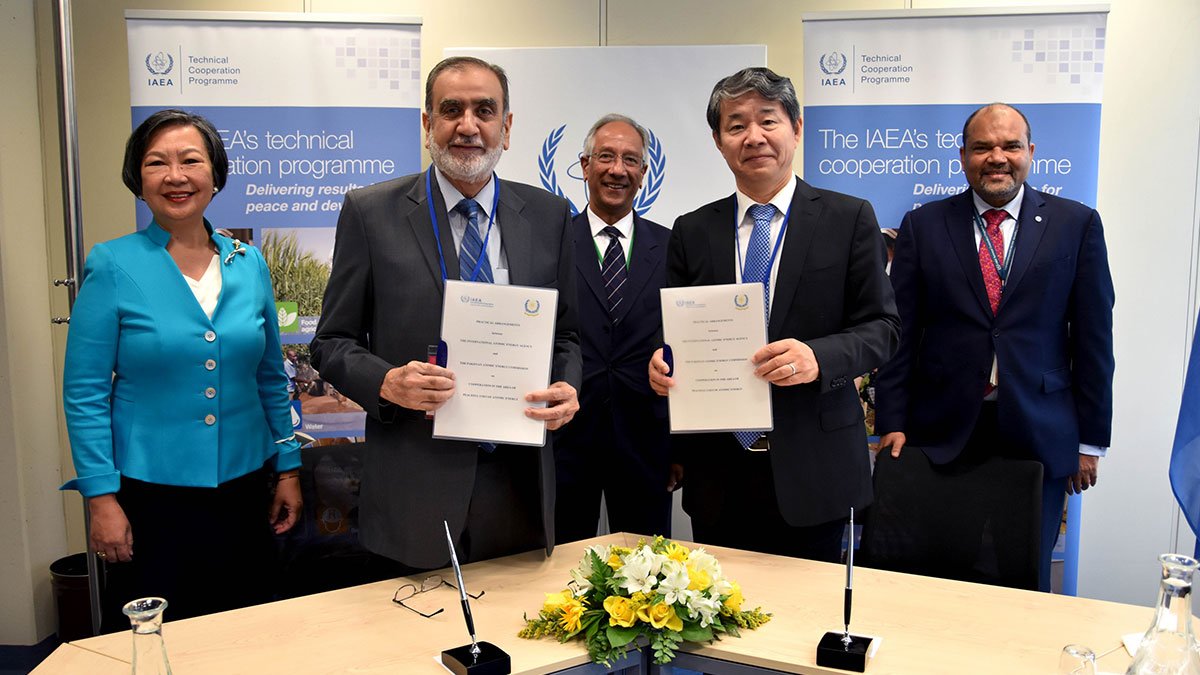What is IAEA Safeguards Agreement with Pakistan?
The IAEA safeguards agreement with Pakistan plays a crucial role in ensuring the peaceful use of nuclear energy and preventing the proliferation of nuclear weapons. Explore the purpose, scope, and implementation of this agreement, and how it helps to maintain international security and safety standards.
The IAEA Safeguards Agreement with Pakistan was signed in 1972, and it is a legally binding agreement that allows the IAEA to verify that nuclear materials and facilities in Pakistan are not being used for the development of nuclear weapons. The agreement requires Pakistan to provide the IAEA with information on its nuclear activities and to allow IAEA inspectors to access and verify the information provided.
Under the agreement, the IAEA conducts regular inspections of Pakistan’s nuclear facilities and materials to ensure that they are being used only for peaceful purposes. The IAEA verifies the non-diversion of declared nuclear material in Pakistan by monitoring and inspecting nuclear facilities and activities.
Pakistan has been a party to the Nuclear Non-Proliferation Treaty (NPT) since 1979, and the country has repeatedly stated that its nuclear program is for peaceful purposes only. Despite this, Pakistan has faced international criticism and sanctions for its nuclear activities, which have included nuclear weapon tests in 1998 and allegations of nuclear proliferation.
read this: IAEA Director General Visits Pakistan to Enhance Nuclear Science Collaboration
In recent years, Pakistan has sought to strengthen its nuclear security and safety measures and has worked closely with the IAEA to enhance its nuclear safety and security practices. The IAEA has praised Pakistan’s cooperation and efforts in this regard and has conducted several reviews and assessments of Pakistan’s nuclear security and safety practices, as well as inspections of its nuclear facilities.
Stay connected with us for the latest updates. Follow us on Facebook and Twitter.


